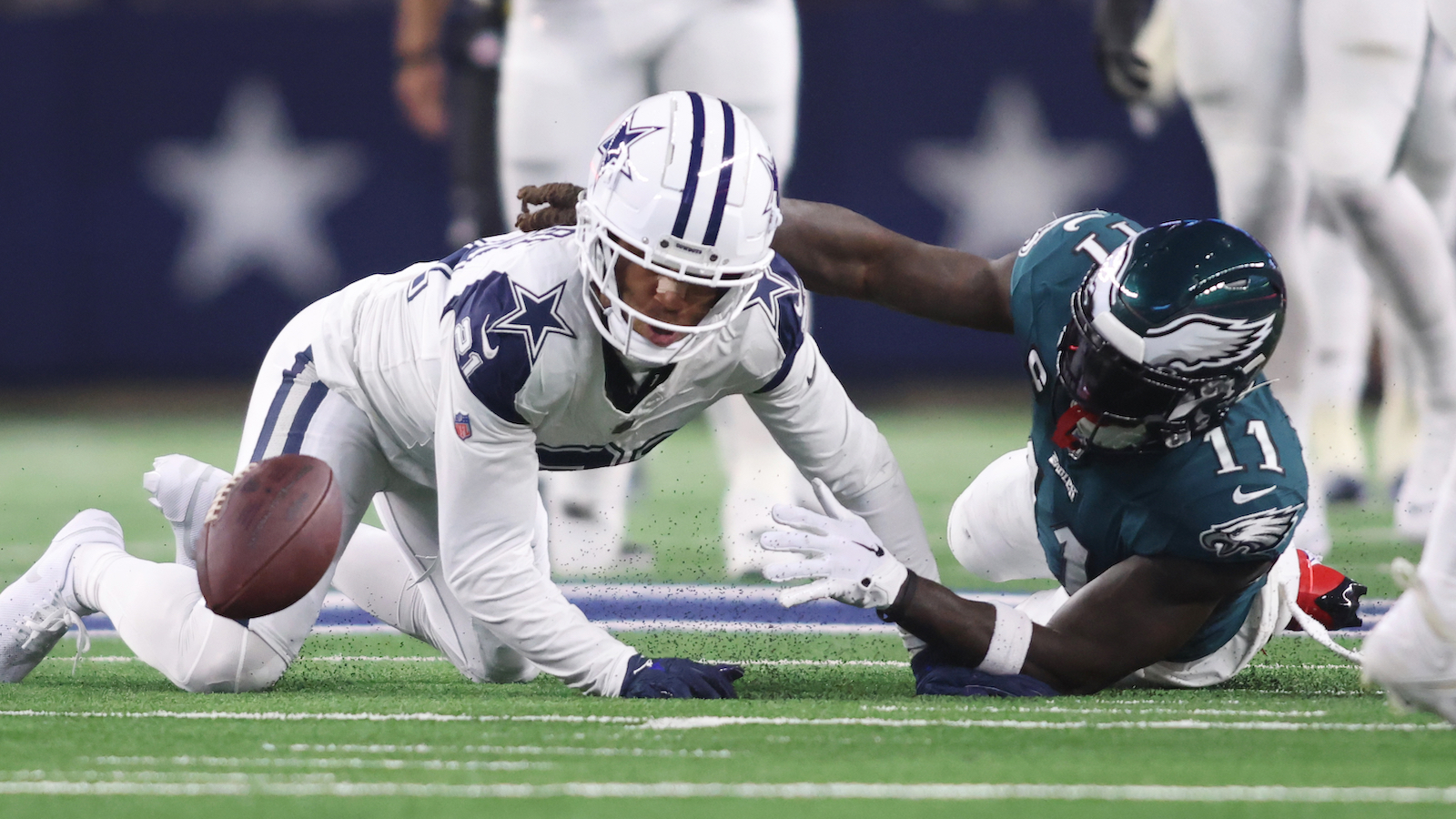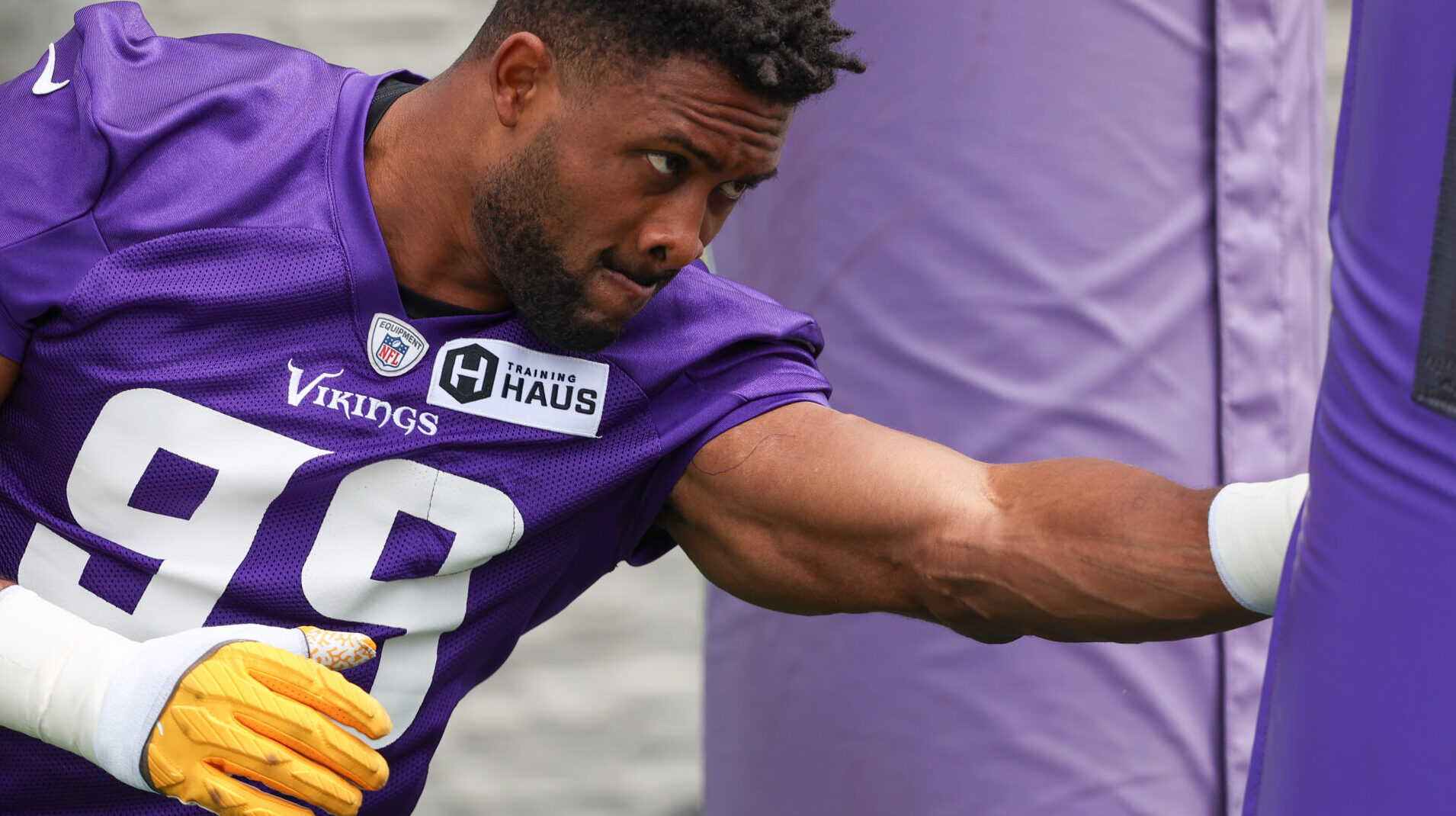
Vikings' Priorities: Extensions for Justin Jefferson, Danielle Hunter
Analysis 6/13/23
Subscribe to keep reading
Sign up for a FREE membership to get access to this and more exclusive content.
Ad blockers remove more then just ads. They also block our videos from being seen or played. Whitelist us on your ad blocker for uninterrupted access to our entire library of expert commentary and NFL analysis.

Analysis 6/13/23
Sign up for a FREE membership to get access to this and more exclusive content.
Sam Monson and Steve Palazzolo react to the New York Jets’ 24-3 Thursday Night victory…
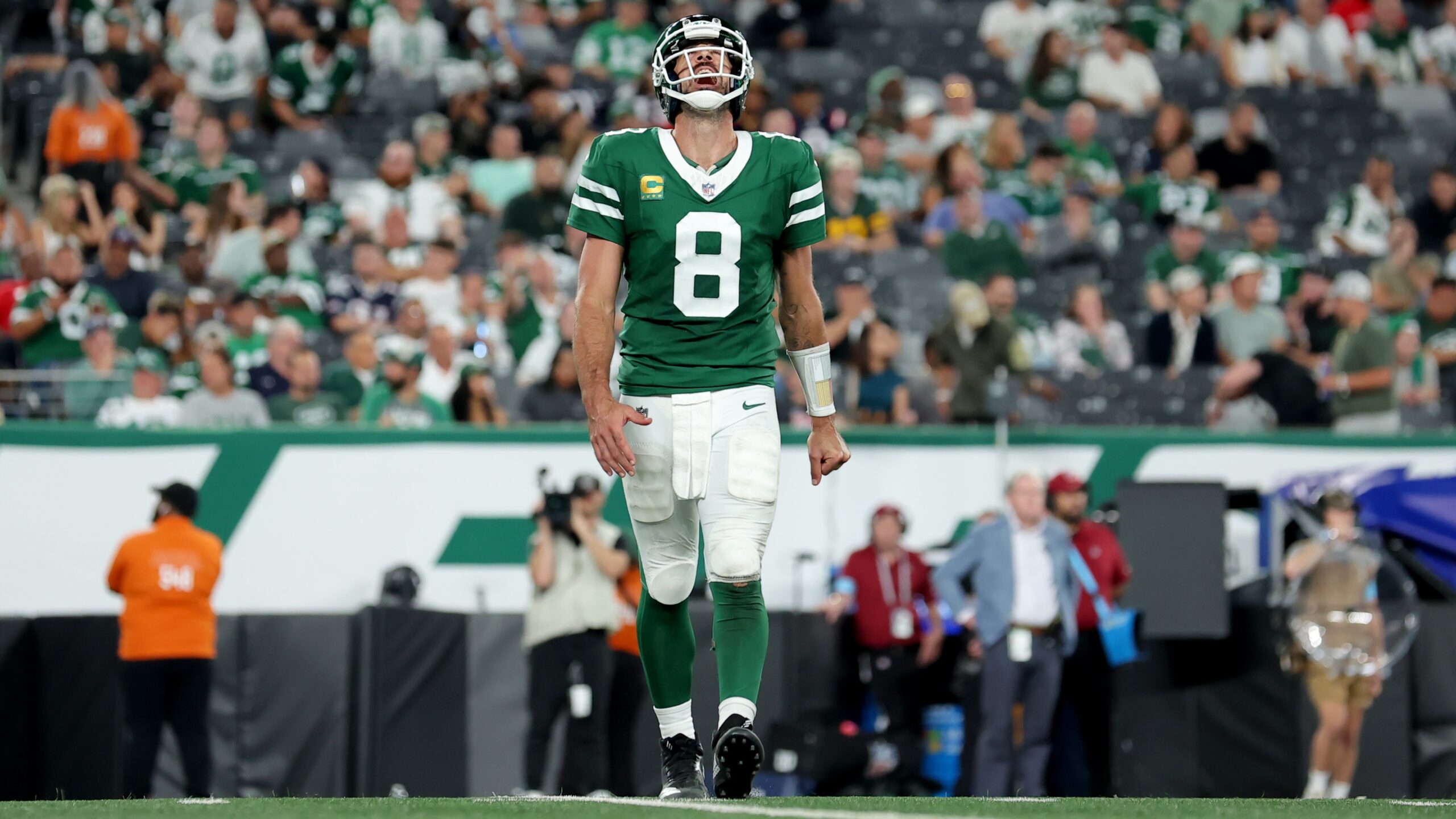
Sam Monson and Steve Palazzolo explain why the Dallas Cowboys have to roll with Dak Prescott longterm despite…
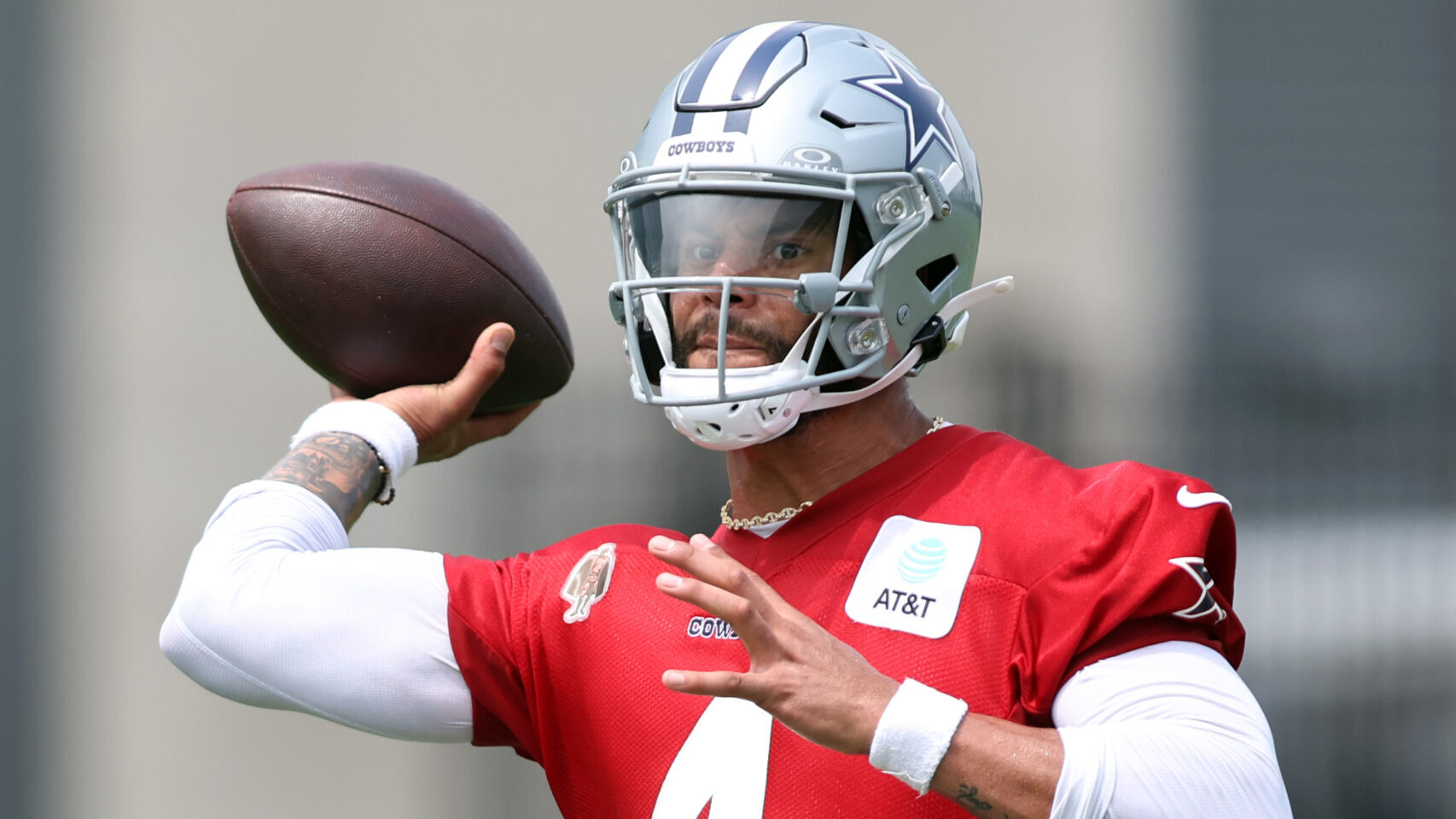
This is the first of a multi-part series from Bill Belichick’s sit-down interview with The…

This is the fourth piece from Bill Belichick’s sit-down interview with The 33rd Team’s Mike…
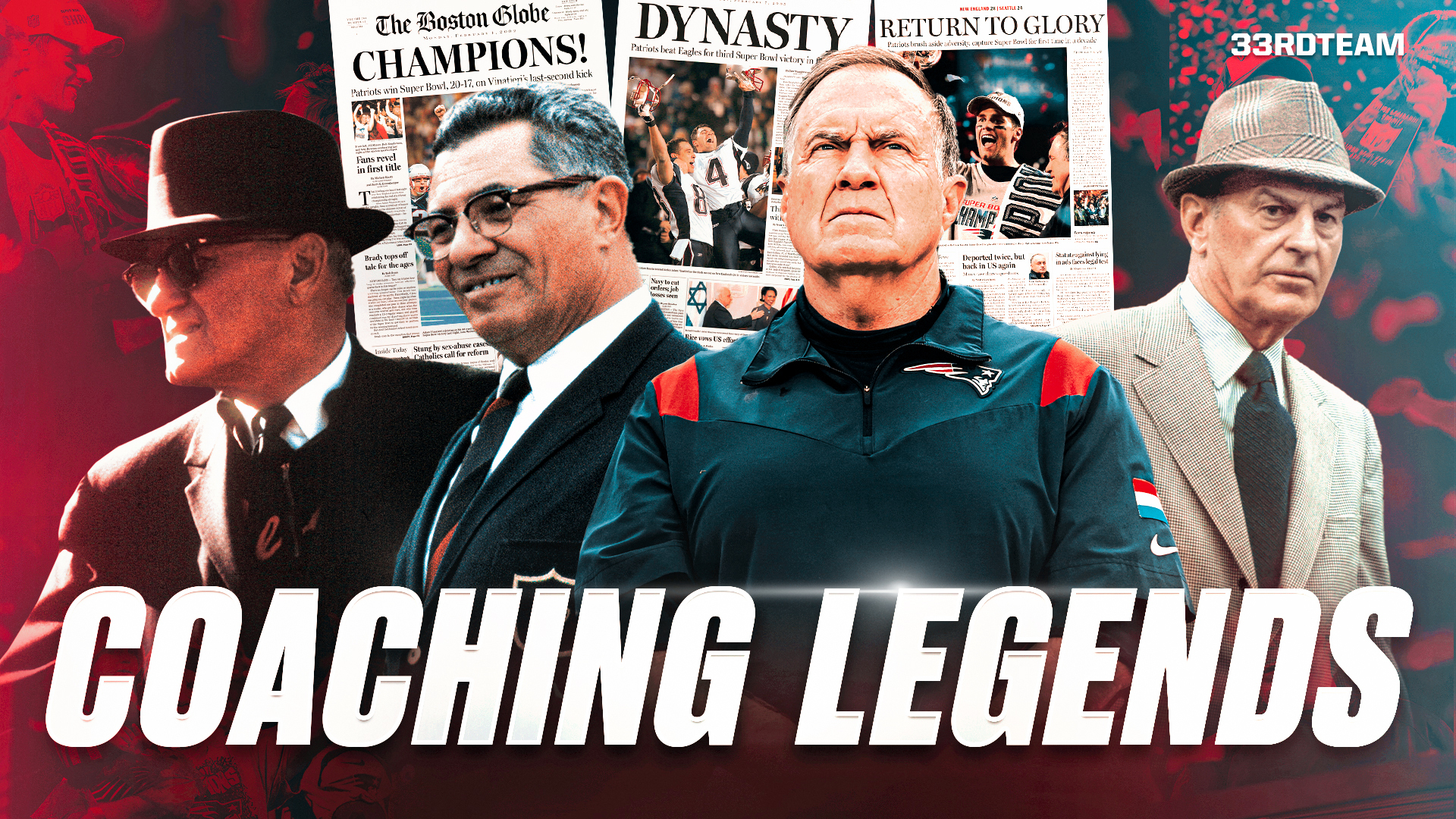
Check The Mic Podcast hosts Sam Monson and Steve Palazzolo discuss Sam Darnold's supporting cast…
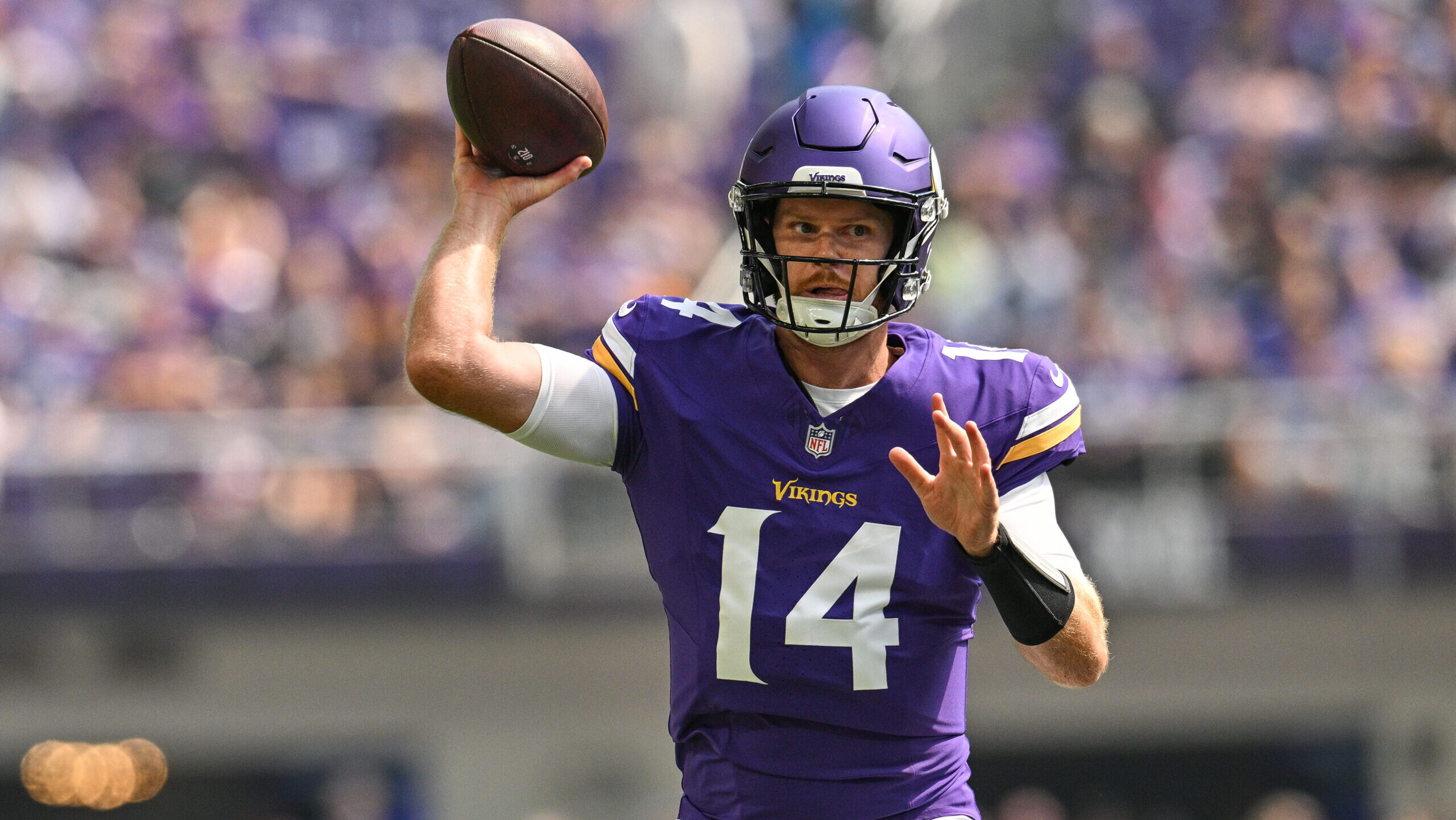
Sam Monson explains why he believes San Francisco 49ers QB Brock Purdy is still the…
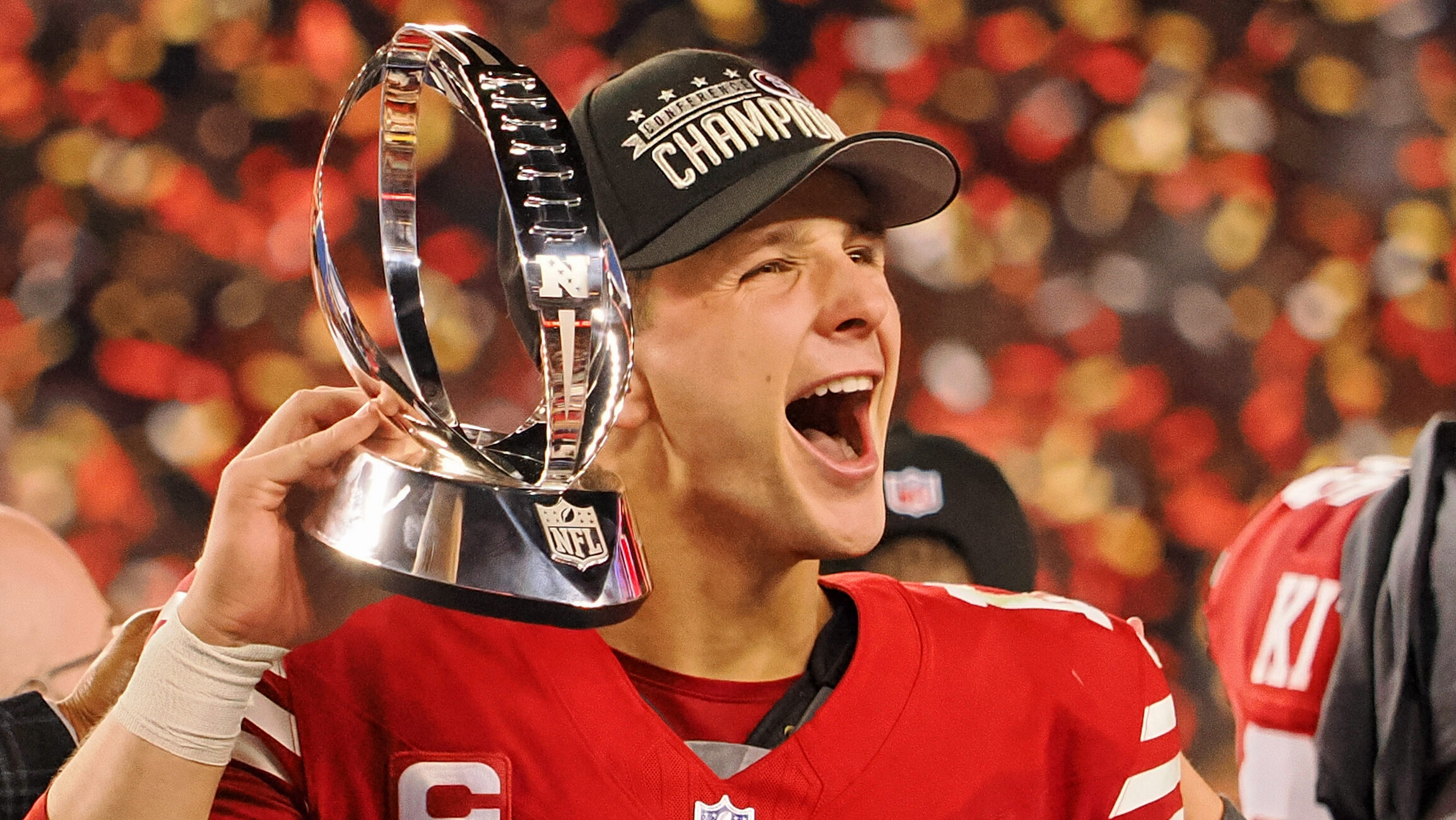
Steve Palazzolo believes in the track record of new Carolina Panthers head coach Dave Canales,…
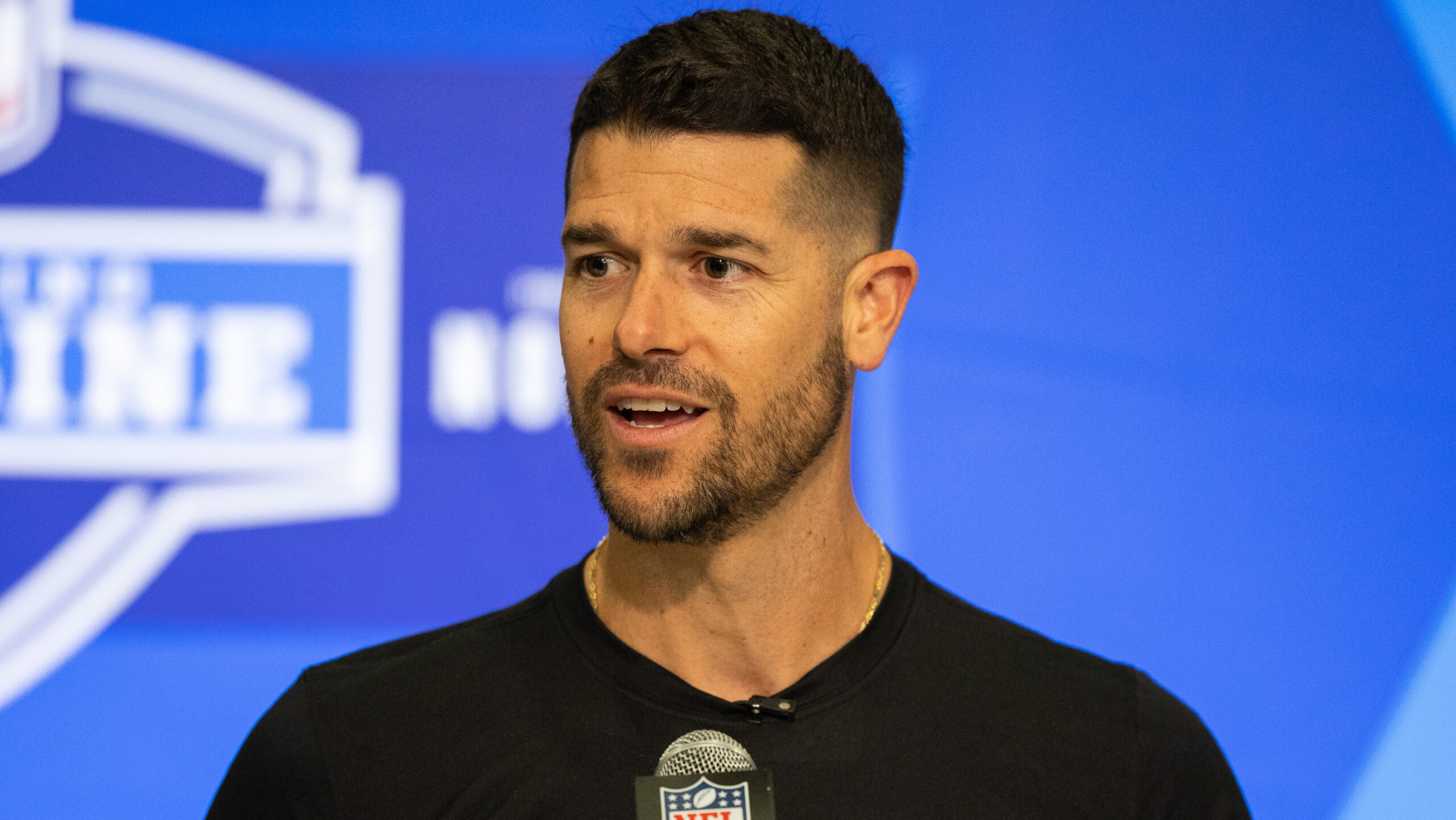
Sam Monson and Steve Palazzolo explain why they're bullish on the Green Bay Packers extending QB Jordan Love, despite…
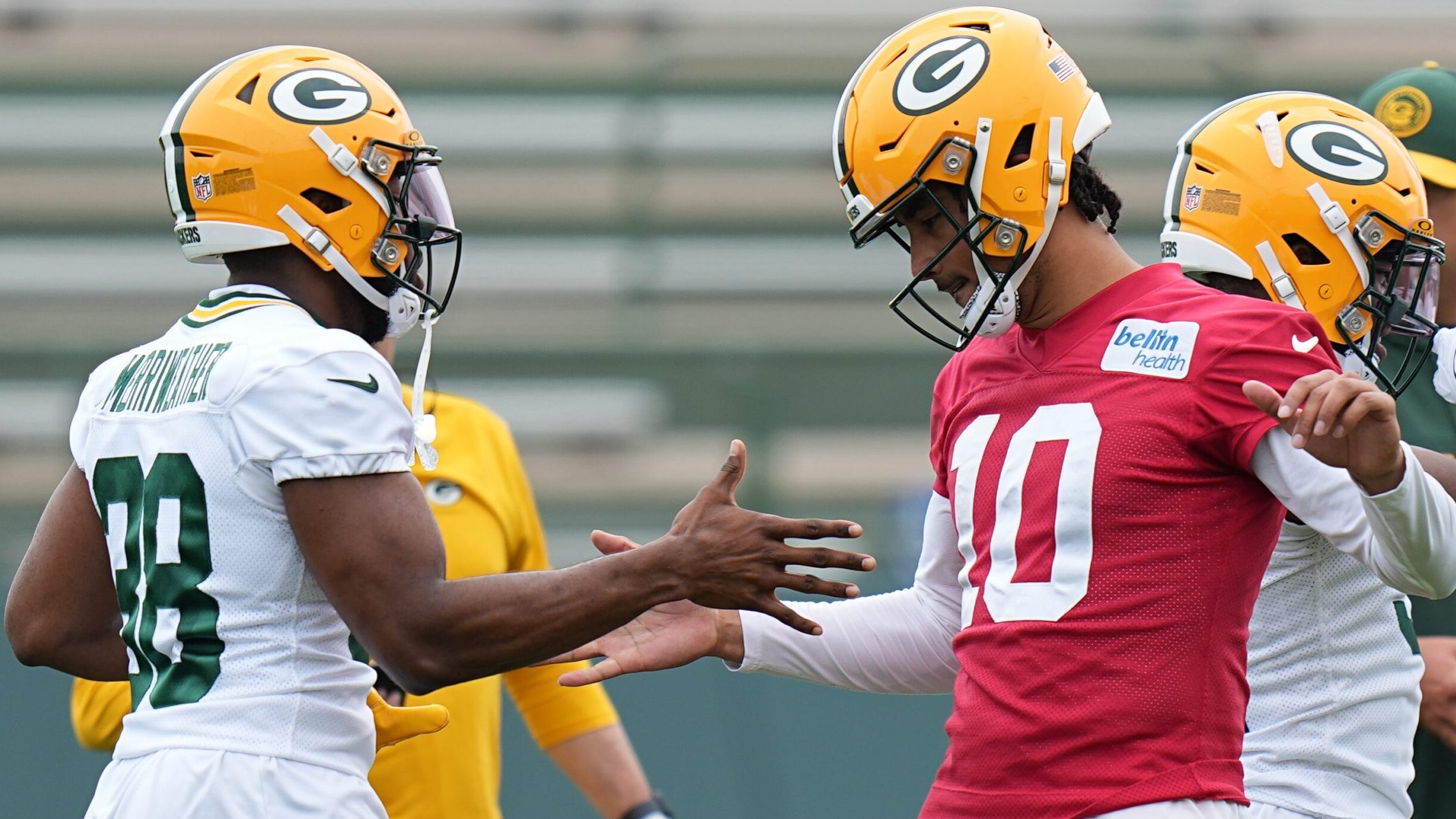
Mike Martz explains why he believes Isiah Pacheco and the Kansas City Chiefs offense should…
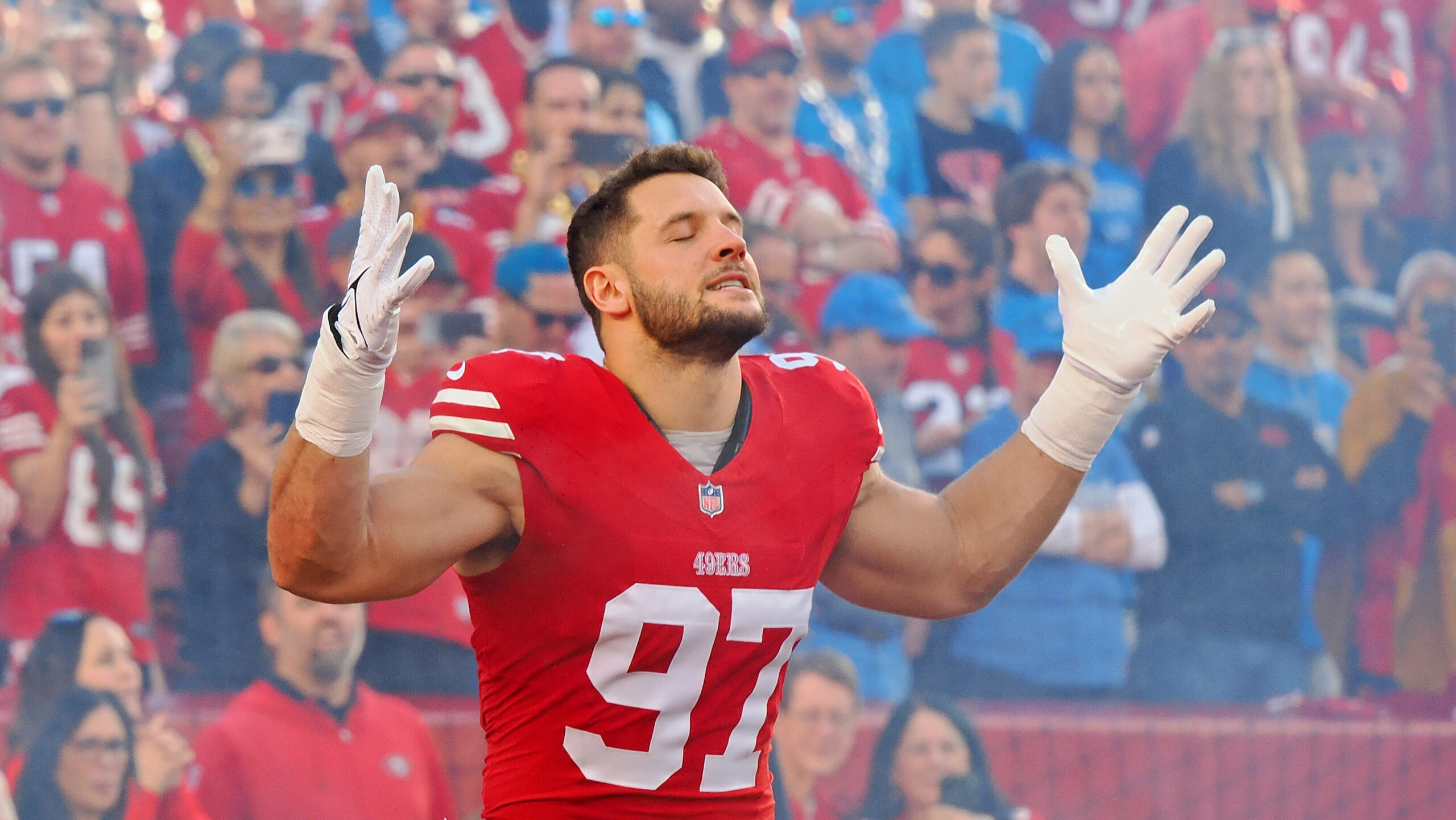
Amon-Ra St. Brown gives details about the moment Detroit Lions offensive coordinator Ben Johnson called to…
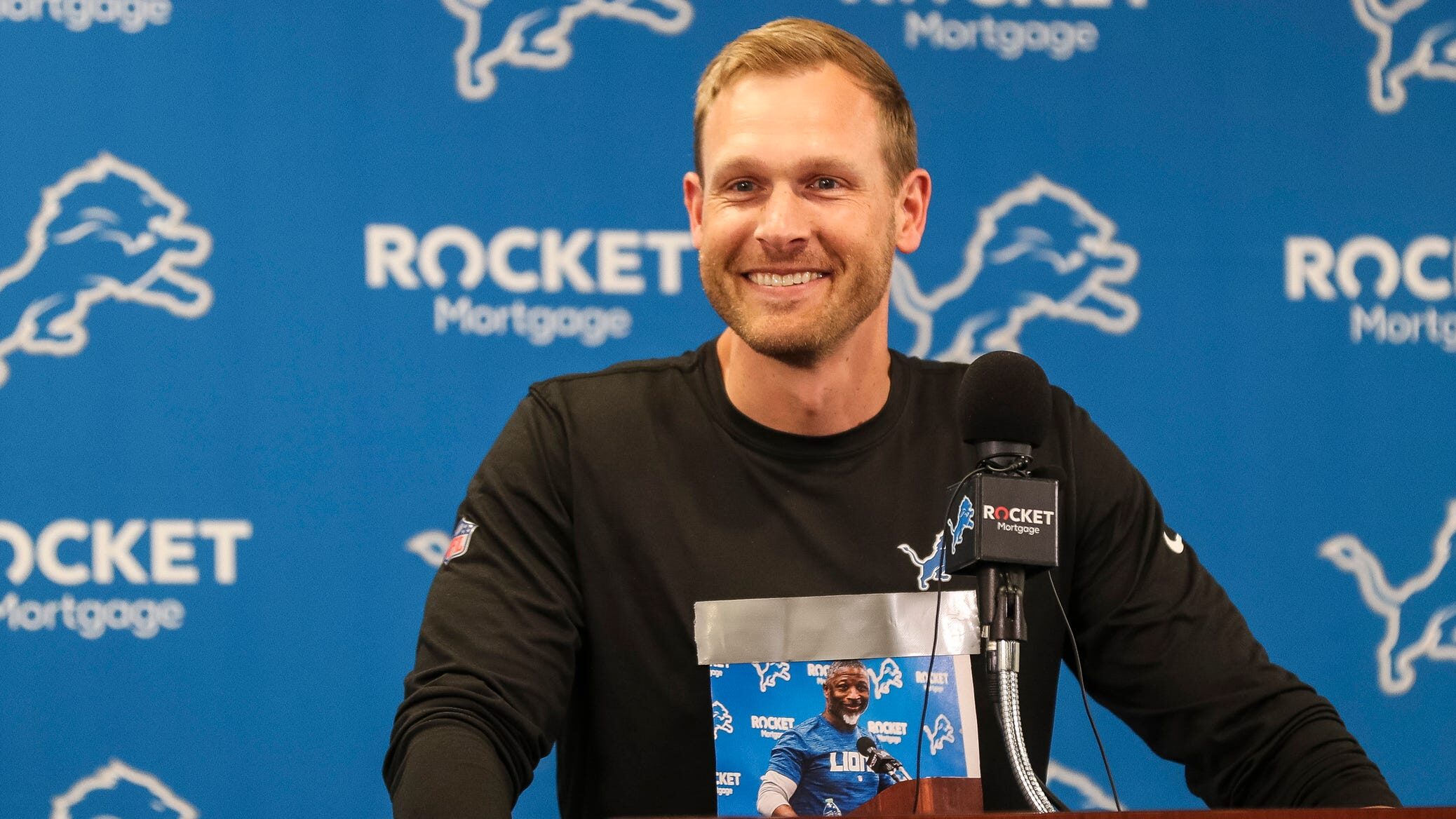
The Philadelphia Eagles talked plenty of trash before and during Sunday's game against the San…
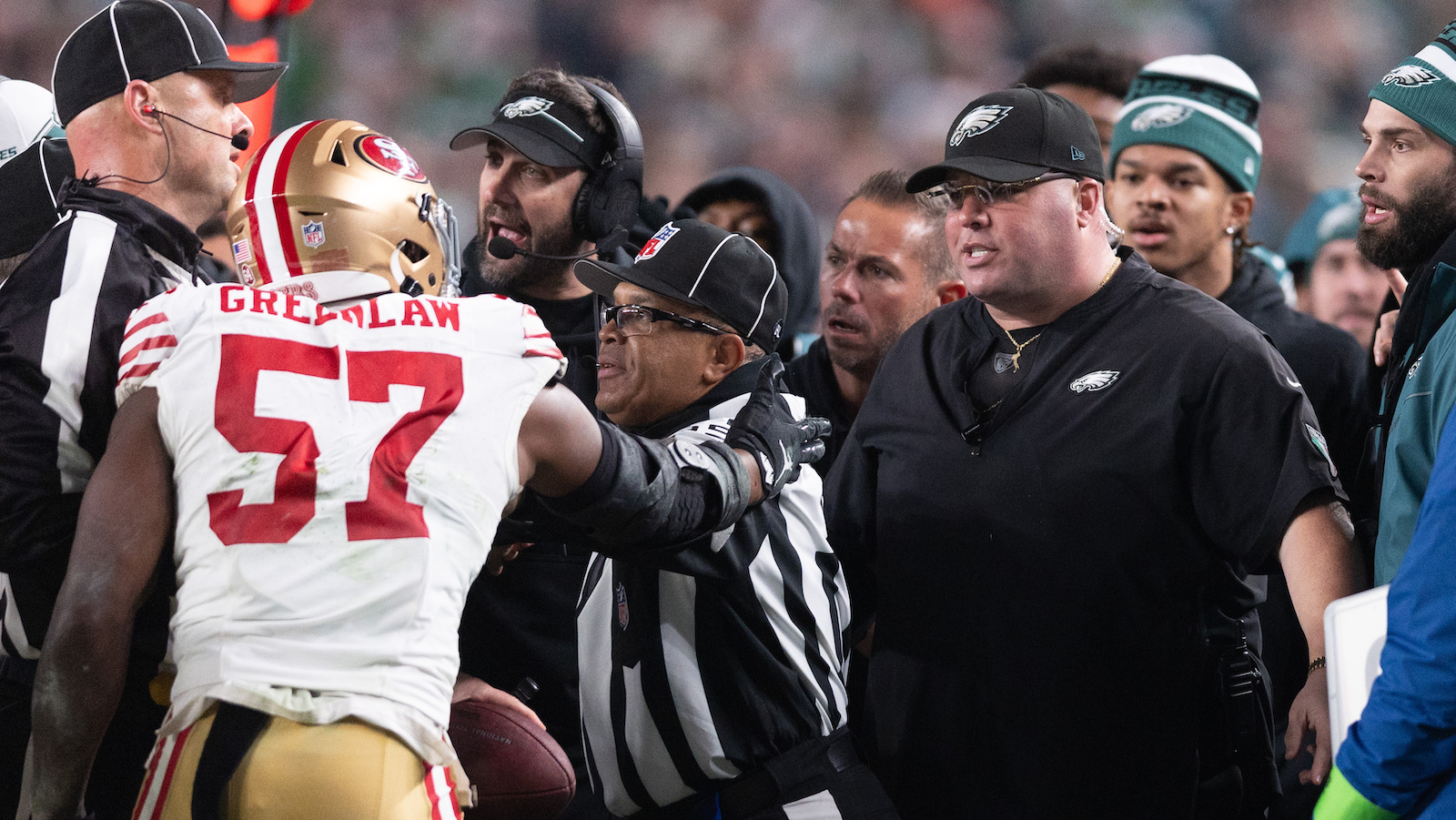
Two major issues with the Philadelphia Eagles have become obvious to Rich Gannon. First, the…
